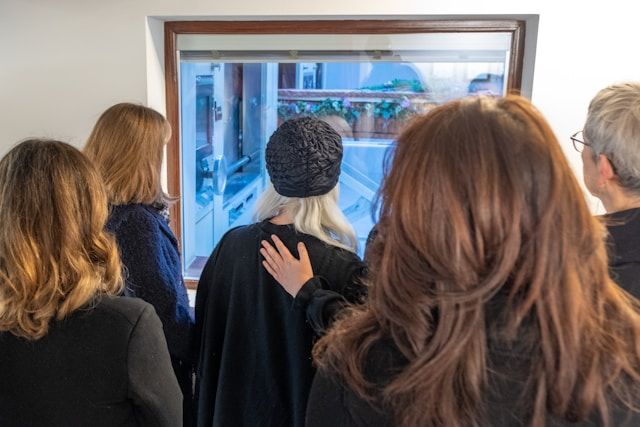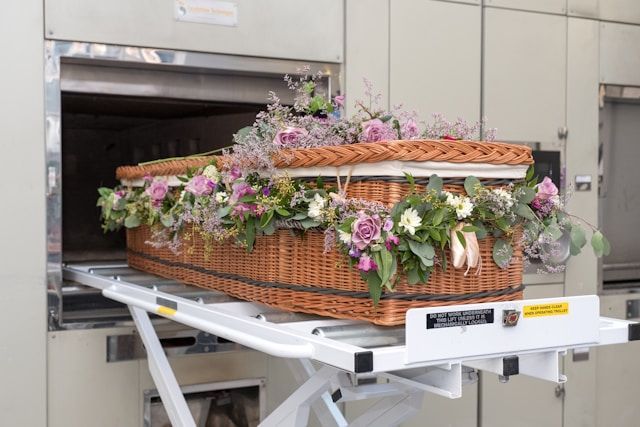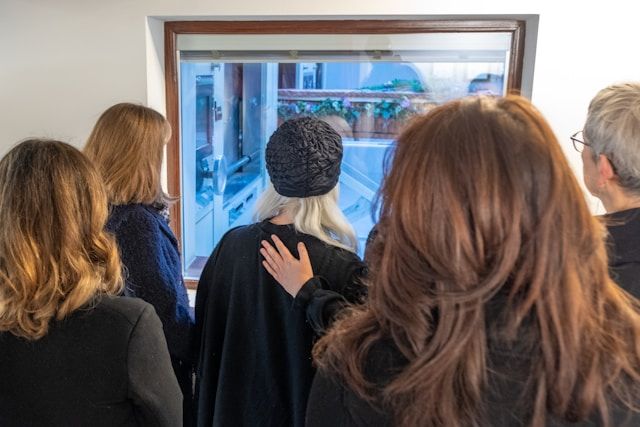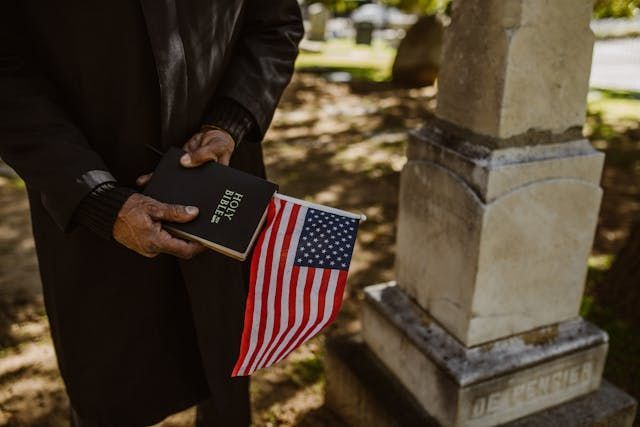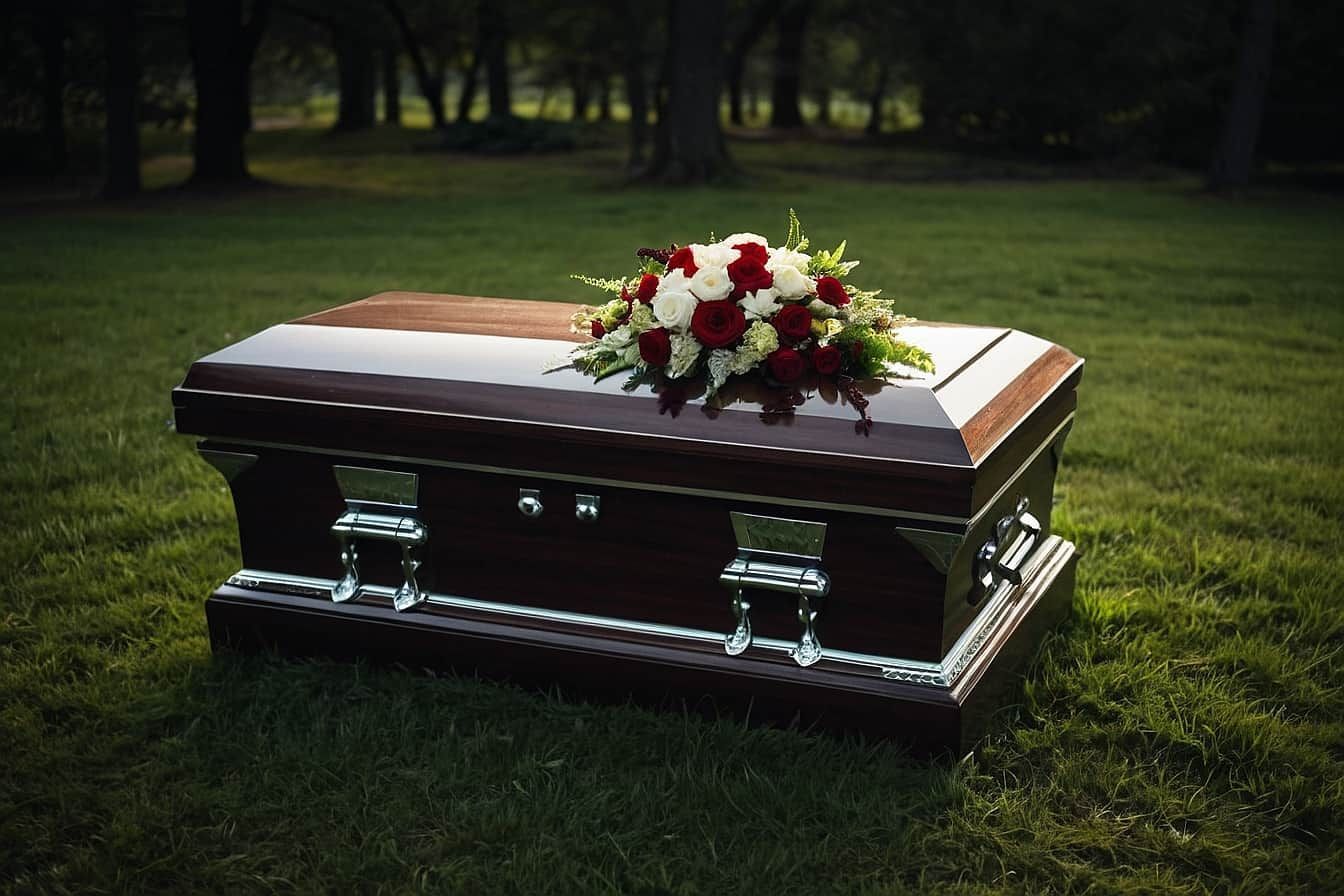The Dictionary Project
Dictionaries and Death
As part of the Shawnee Rotary Club, Mark and I recently had the opportunity to meet with third-grade students at a local elementary school to hand out dictionaries to the children. The Dictionary Project was founded in 1995 to help promote literacy. This has allowed Rotary and other organizations to provide resource books for more than 31 million students nationwide! We spoke with almost 70 students about service and how we serve ourselves by serving others. We had the kids look up the word service in their brand-new dictionary.
Of course, we couldn’t leave our group without sharing a little about what Mark and I do as funeral home owners. Children are naturally curious about most things, including death and dying. We asked the students if they knew what a funeral director was, and most of the group raised their hands. We also asked them if they had ever experienced the loss of a loved one, such as a grandparent, and most of them raised their hands as well. We started with the word death, had the students look up the definition, and called on one to read the definition allowed to the class. At this age, kids can understand the finality of death, especially when we ask about a pet or a grandparent.
We continued our discussion by looking up the word funeral. Many students said they had attended a funeral. Children should be involved in the death rituals specific to each family. This is how they learn how their family cares for their dead. Third-grade students should be encouraged to attend the funeral and/or viewing of a friend or loved one. One important thing to note is the language we use around death with children. It’s important to answer their questions honestly and with age-appropriate language. For example, it is usually best to use the word “dead” or “died” when describing a loved one who has passed away instead of “they are sleeping.” We do not want to equate death to sleeping because sleeping is what we all do every night, and just because you go to sleep, does not mean you will die. We also want to avoid euphemisms for death as much as possible. Yes, grandma may be in Heaven with the angels, but she died first.
Our final word for the morning was grief. Again, the students looked up this word using their new dictionaries. I spoke briefly about sadness and that it is okay to be sad, especially after someone we love dies. I told the kids that sometimes when we are sad, we cry, and that is okay, especially at a funeral. When we cry, it lets those around us know that we may need extra help, comfort, or support. The funeral is a place to cry and be supported by friends and family.
Although our time with these students was brief, we enjoyed every minute. They had numerous questions for us but one of my favorites was, “How long does it take for a person to turn into a skeleton after they die?” In the future, we hope to have more opportunities to talk with students in our community about death and dying. A culture that does not shy away from death and understands its place in life will find less death anxiety and will have a higher level of respect for human life.
Contact Us
Walker Funeral & Cremation Service
For Immediate Assistance

